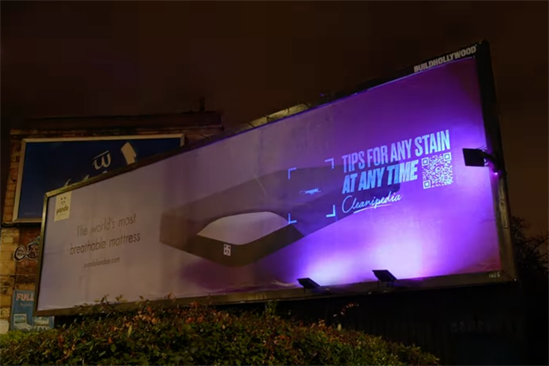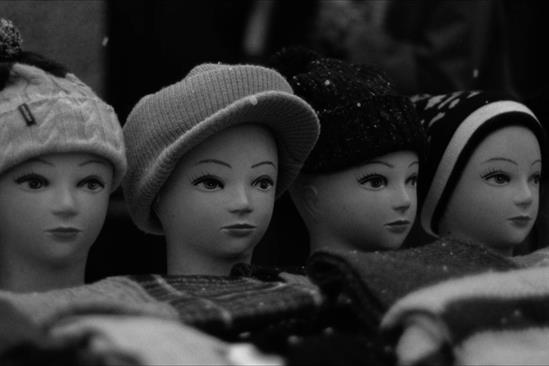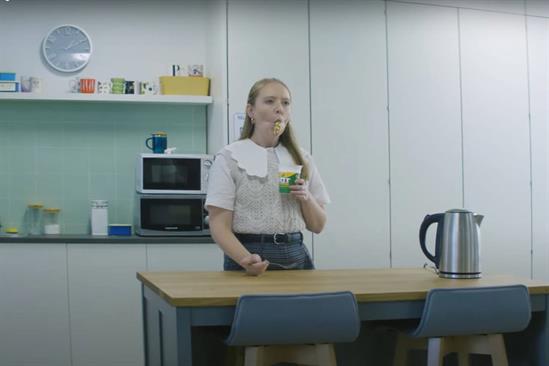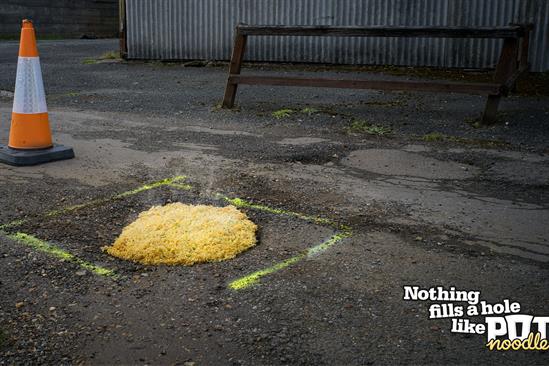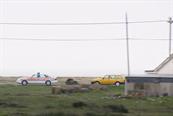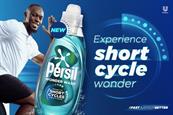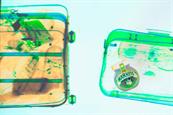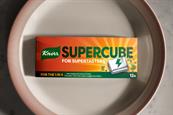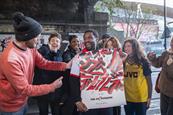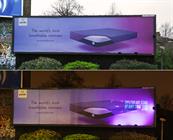

Brand
Unilever
"Bright Future."
-
Established
1930
-
Number of staff
> 172,000
-
Head office
London, UK
-
Sector
FMCG
Cleanipedia "Unmentionable stains" by Mullenlowe
Magnum "Find your summer" by Lola MullenLowe
Pot Noodle "Nothing satisfies like Pot Noodle" by Adam & Eve/DDB
Magnum "Stick to the original" by Lola Mullenlowe
Pot Noodle "Nothing fills a hole like Pot Noodle" by Adam & Eve/DDB
LATEST
About Unilever
Unilever was formed in 1930 by the merger of British business Lever Bros and Dutch company Margarine Unie. All had their roots in the Victorian era. Lever founder William Hesketh Lever’s mission was to “make cleanliness commonplace”, a brand ambition set for one of the company’s first products, Sunlight Soap, which it began producing in 1884.
As well as understanding the power of social purpose in a brand, this visionary businessman also realised that if he looked after the welfare of his employees, that would also mean a happier, healthier and more productive workforce. Between 1888 and 1914, the model village of Port Sunlight was developed to house Lever workers. By the end of 1887, Lever was manufacturing more than 450 tons of Sunlight Soap per week.
Meanwhile, in the Netherlands, the other companies that would go on to form Unilever were producing an innovative food product that could be mass-produced at a more affordable price than butter: margarine. In 1899, Lever Bros (the name of the now-incorporated firm) launched another innovation to make laundry easier: Sunlight Flakes, which became Lux Flakes in 1900.
Although, at this point, the focus was primarily on targeting housewives, the company always saw its role as a wider one: to enhance family life in general. In 1926, for example, it ran a “Clean hands” campaign to educate children about dirt and germs, and explain why it’s necessary to wash hands “before breakfast, before dinner and after school”.
Similarly, its CSR policy was alive and kicking long before the term was coined, with initiatives such as its Lifebuoy soap brand (launched in 1894) providing a free emergency washing service to Londoners during the Blitz. The 1950s was a decade of post-war growth and product launches, as well as landmark marketing. In 1954, Sunsilk shampoo was introduced to the UK, quickly becoming a leading brand in its category here and around the world.
Around the same time, fish fingers were unveiled to the British consumers, quickly becoming a national favourite, and soon accounting for about 10% of the nation’s fish consumption.
In 1955, Unilever ran the first-ever ad on commercial TV in the UK, for Gibbs SR toothpaste. Just a year later, the ‘PG Tips chimps’ made their small-screen debut on Christmas Day; the tea party in a zoo execution helped propel the brand to become the UK’s biggest tea label, and the ‘Tipps family’ chimps became brand icons in a series of ads that ran for almost 50 years.
Also in 1956, Pears Soap launched its beauty contest to celebrate natural, clear skin and crowned the first Miss Pears. The company clearly had a knack for creating brand icons that become part of the cultural conversation – one of the best examples, Captain Birdseye, appeared on TV for the first time in 1967. As well as pushing boundaries in advertising and marketing, Unilever has always innovated in products, constantly questioning the status quo. For example, its new thinking led to the scrapping of margarine sold in the traditional, rather unwieldy, greaseproof-paper-wrapped blocks in favour of tubs – the first, in Germany in 1959.
In the 1980s, Unilever embarked on a process of consolidation and focus, cutting the number of categories in which it operated from 50 to 13 by the end of the 1990s . By 2001, the business had cut its brands from 1600 to 900. Today, it has more than 400 brands, including Dove, Persil, Marmite, Flora, Knorr, Magnum, Lipton, Comfort and Hellmann’s. Fourteen of its brands generate sales in excess of Euro 1bn a year.
At the turn of the 21st century, the company launched Path to Growth, One Unilever and The Compass; together, these three initiatives are intended to boost the company’s growth while behaving in a socially, ethically and environmentally responsible way. Building on all these initiatives, Unilever unveiled its Sustainable Living Plan in 2010 with the goal of improving the health and wellbeing of more than 1bn people worldwide, while simultaneously halving the environmental impact of its business.
BUSINESS DETAILS
Unilever House, 100 Victoria Embankment, London EC4Y 0DY
www.unilever.co.uk
KEY PEOPLE
Keith Weed, global chief marketing officer
Aline Santos, senior vice-president of global marketing
Mark Bleathman, vice-president, personal care
Patricia Corsi, vice-president, food and beverages
Gemma Cleland, vice-president, home care


